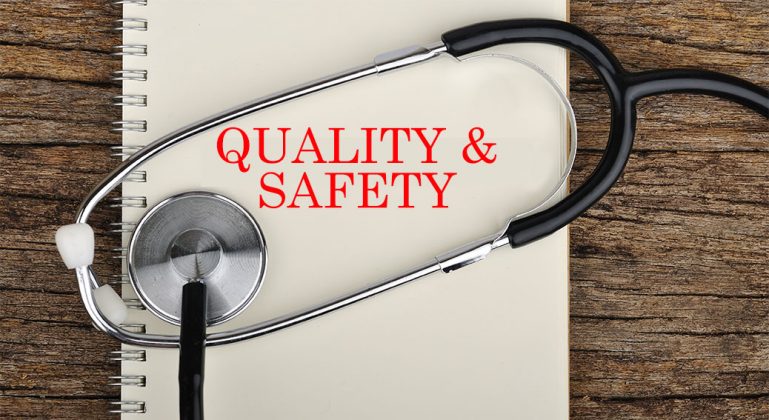The Joint Commission and National Quality Forum (NQF) today announced a strategic affiliation to accelerate improvements in health for all people.
NQF will join the Joint Commission enterprise, while maintaining its independence in convening and developing consensus-based measures, implementation guidance, and practices that benefit all stakeholders. This will allow both The Joint Commission and NQF to build upon their shared expertise in measuring quality and rationalizing the measurement landscape, so the focus shifts from competing measures to advancing key outcomes. Notably, NQF will continue to focus on accelerating widespread use of high-impact, low burden measures that achieve affordable improvements in health for all.
“Patients, payers, and provider organizations rely on NQF for measurement that focuses on what is most important to the people healthcare serves. Healthcare providers want to advance quality care, but all too often experience today’s measures as both burdensome and unrepresentative of what matters most in care delivery,” said Jonathan B. Perlin, MD, PhD, MSHA, MACP, FACMI, President and CEO of The Joint Commission. “No organization is more trusted than NQF to lead the consensus necessary across all stakeholders to get to the next generation of performance measures that creates safer, more equitable, higher-quality, and higher value healthcare.”
The affiliation also will bolster The Joint Commission’s national and international processes in evidence-based, data-driven, and outcomes-oriented accreditation and certification, thereby accelerating improvements across the continuum-of-care while reducing the burden of measurement on healthcare organizations and workers.
“The Joint Commission’s bold reimagining of accreditation and certification will drive long awaited performance improvements at every touchpoint of patient care,” said Dana Gelb Safran, ScD., President and CEO of NQF. “The Joint Commission’s national and international programs provide an essential platform for deploying the next generation of measures meaningful to patients and important to clinicians and – finally – achieving the population health improvements and improved affordability we all want to see.”
Charles N. Kahn III, MPH, President and CEO, Federation of American Hospitals, stated “this union is an important and timely move.” “Adding NQF’s ability to drive evidence-based consensus across diverse stakeholders to The Joint Commission’s established expertise and proven track record in health care performance assessment will help build a measurement platform for the future,” Kahn continued. “Bringing these two organizations together should foster a collaborative process where everyone works together to create streamlined and consistent clinical performance measurement supporting better patient care outcomes, as well as more helpful clinician and provider transparency.”
“We believe that by combining the unique capabilities of each organization, we can better support focused improvement in healthcare. Our goals are shared across the patient, consumer, payer, purchaser, and provider communities: Safer, higher value, more equitable, and more compassionate healthcare,” Dr. Perlin commented.
Click
here to read the article.




